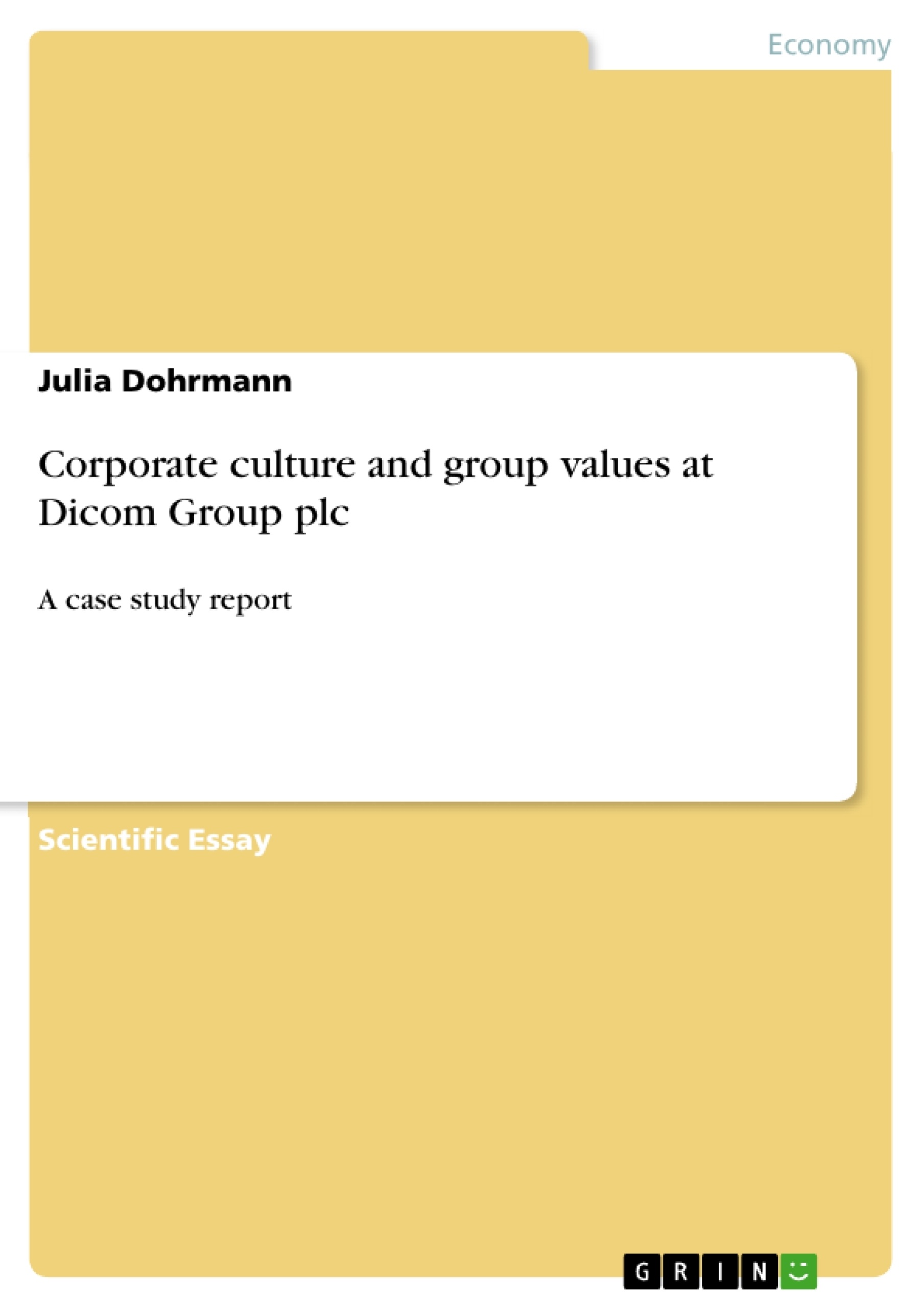The organisational culture as a complex and multilayer concept and embraces regarding to Cameron and Quinn “…the taken-for-granted values, underlying assumptions, expectations, collective memories and definitions present in an organisation” (2006, p. 16). Regarding to Lasher (1999) the term of organisational culture describes the general operating mode and the character of an organisation. Further the organisational culture is often distinguished between the external visible and the hidden section (Lewis, 1998). The culture of an organisation becomes visibly manifested in its lived politics, processes, symbols and behaviours. While the emotions, beliefs and values of organisational members as well as the fundamental basic assumptions respectively the ‘Paradigm’ in the inner core of an organisation cause the hidden part of an organisational culture (Lewis, 1998). The employees take an outstanding position. They mark and affect the organisational culture and develop it to an organisation with a unique character. In this respect HRM is of substantial importance for the perceived culture.
In their ‘Cultural Web’ concept Johnson, Scholes and Whittington (2005) focused on the extrinsic observable elements of an organisational culture and factored out the abstract and hidden cultural part of emotions, beliefs and values. The ‘Cultural Web’ represents the organisational assumptions - which are taken for granted and become manifest in the everyday behaviour of the organisational members – in six dimensions of cultural artefacts. Each dimension describes a certain aspect of the operating mode and behaviour in an organisation. The subsequent figure shows the ‘Cultural Web’ respectively the six manifest dimensions of the organisational ‘Paradigm’ of the Dicom Group plc. The artefacts can be attributed fundamentally to the technical, political or cultural subsystems of an organisation (Balogun and Hope Hailey, 2004)...
Inhaltsverzeichnis (Table of Contents)
- Drawing on the information given in this case, construct a cultural web for Dicom Group.
- Assess the extent to which Dicom Group's culture is aligned to its vision and mission.
- To what extent do you consider that Dicom Group's culture exhibits characteristics identified by Hofstede and by Trompenaars and Hampden-Turner for Switzerland?
Zielsetzung und Themenschwerpunkte (Objectives and Key Themes)
This case study aims to analyze the cultural web of Dicom Group plc, a global organization, and assess its alignment with the company's vision and mission. The study further examines the cultural characteristics of Dicom Group in the context of Hofstede and Trompenaars & Hampden-Turner's cultural frameworks, with a focus on Switzerland.
- Organizational Culture and its Manifestations
- Cultural Web Analysis of Dicom Group
- Alignment of Culture with Vision and Mission
- Cultural Characteristics of Dicom Group in Relation to Hofstede and Trompenaars & Hampden-Turner's Frameworks
- Influence of Culture on Organizational Performance
Zusammenfassung der Kapitel (Chapter Summaries)
- Drawing on the information given in this case, construct a cultural web for Dicom Group. This chapter examines the concept of organizational culture and introduces the 'Cultural Web' framework developed by Johnson, Scholes, and Whittington. It analyzes the different dimensions of the cultural web, including stories, symbols, power structures, rituals and routines, control systems, and organizational structures, as they apply to Dicom Group. Each element is explained in detail and illustrated with examples from the case study. The chapter aims to provide a comprehensive understanding of the observable and hidden aspects of Dicom Group's culture.
Schlüsselwörter (Keywords)
This case study focuses on key concepts related to organizational culture, including cultural web analysis, vision and mission alignment, cultural frameworks (Hofstede and Trompenaars & Hampden-Turner), and the influence of culture on organizational performance. The study also emphasizes the specific context of Switzerland.
- Arbeit zitieren
- Julia Dohrmann (Autor:in), 2008, Corporate culture and group values at Dicom Group plc, München, GRIN Verlag, https://www.grin.com/document/115244



